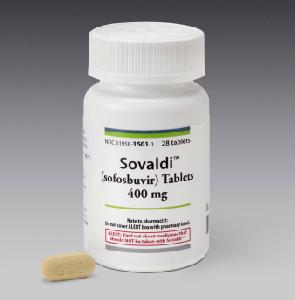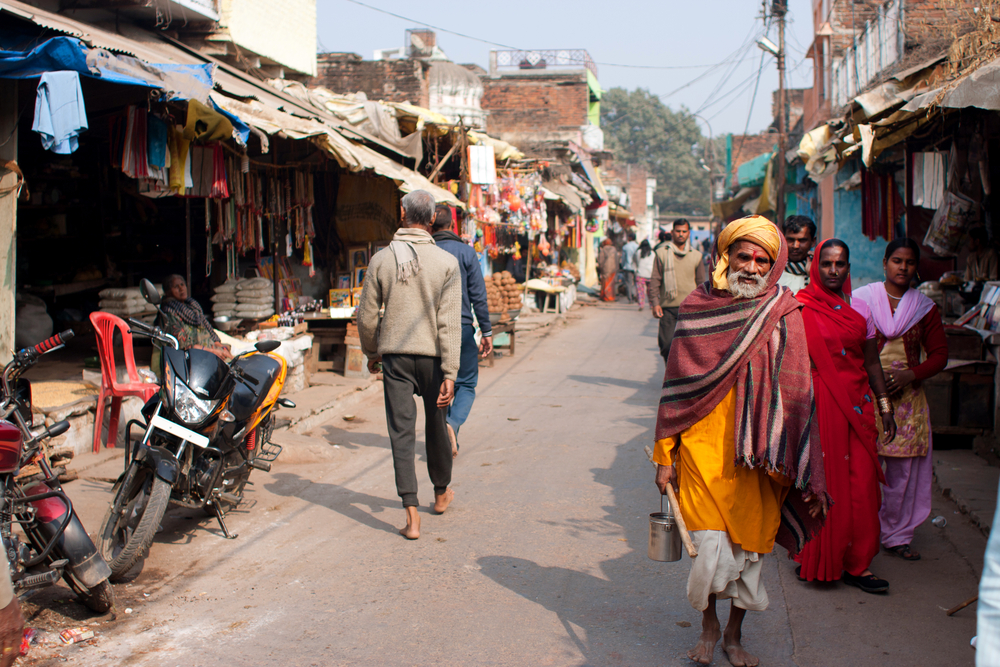 Gilead Sciences, Inc.‘s application to commercialize novel hepatitis C treatment sofosbuvir in India has been rejected by the country’s patent office, as reported by Reuters. The refusal may open a new space in the market for local drug producers to launch generic versions of the medication at lower prices.
Gilead Sciences, Inc.‘s application to commercialize novel hepatitis C treatment sofosbuvir in India has been rejected by the country’s patent office, as reported by Reuters. The refusal may open a new space in the market for local drug producers to launch generic versions of the medication at lower prices.
The Indian authorities allows other parties to participate in the validation process for pending patent applications, and Gilead Sciences’ application had been contested by both the Indian generic drugmaker Natco Pharma Ltd. and the New York-based Initiative for Medicines, Access & Knowledge (I-MAK).
The two companies based their arguments against sofosbuvir’s approval on the fact that the medication has been altered in comparison with its previous formulation. Therefore, the patent office rejected Gilead’s application, arguing that the “minor changes in the molecule” weren’t able to improve the medication’s efficacy.
By refusing the commercialization of Solvi (sofosbuvir) in India, a therapy that is usually administrated over a course of three to six months and costs about $84,000 in the United States, what is left is an untapped space for other companies, particularly generic ones to commercialize versions of the medication.
Even though expensive pharmaceutical treatments are not well accepted in a country where most people live with a $2 per day salary, and where health insurance is insufficient, the decision of the patent office was made during a time when healthcare campaigners and doctors are advocating to provide Sovaldi and other treatments for hepatitis C in developing countries.
Hundreds of hepatitis C patients and supporters joined in the streets of Madrid last December, to protest against the cuts in public spending that have significantly reduced public access to Sovaldi. Those infected with the virus occupied a Hospital in Southern Madrid for a week, where they demanded the government to authorize physicians to prescribe the drug more commonly. The protesters accused the health ministry of not spending enough money on making crucial, life-saving drugs available to patients that actually need them.
In addition, the Australian government has recently decided not to subsidize Sofosbuvir, due to its high costs. The Pharmaceutical Benefits Advisory Committee (PBAC) announced that the costs of the drug were too high, and that they will review the decision within a year, expecting that the company will reconsider its price. In order to fulfill the needs of the physicians who showed their disapproval about the decision, the Australian government has offered other therapeutic alternatives.

